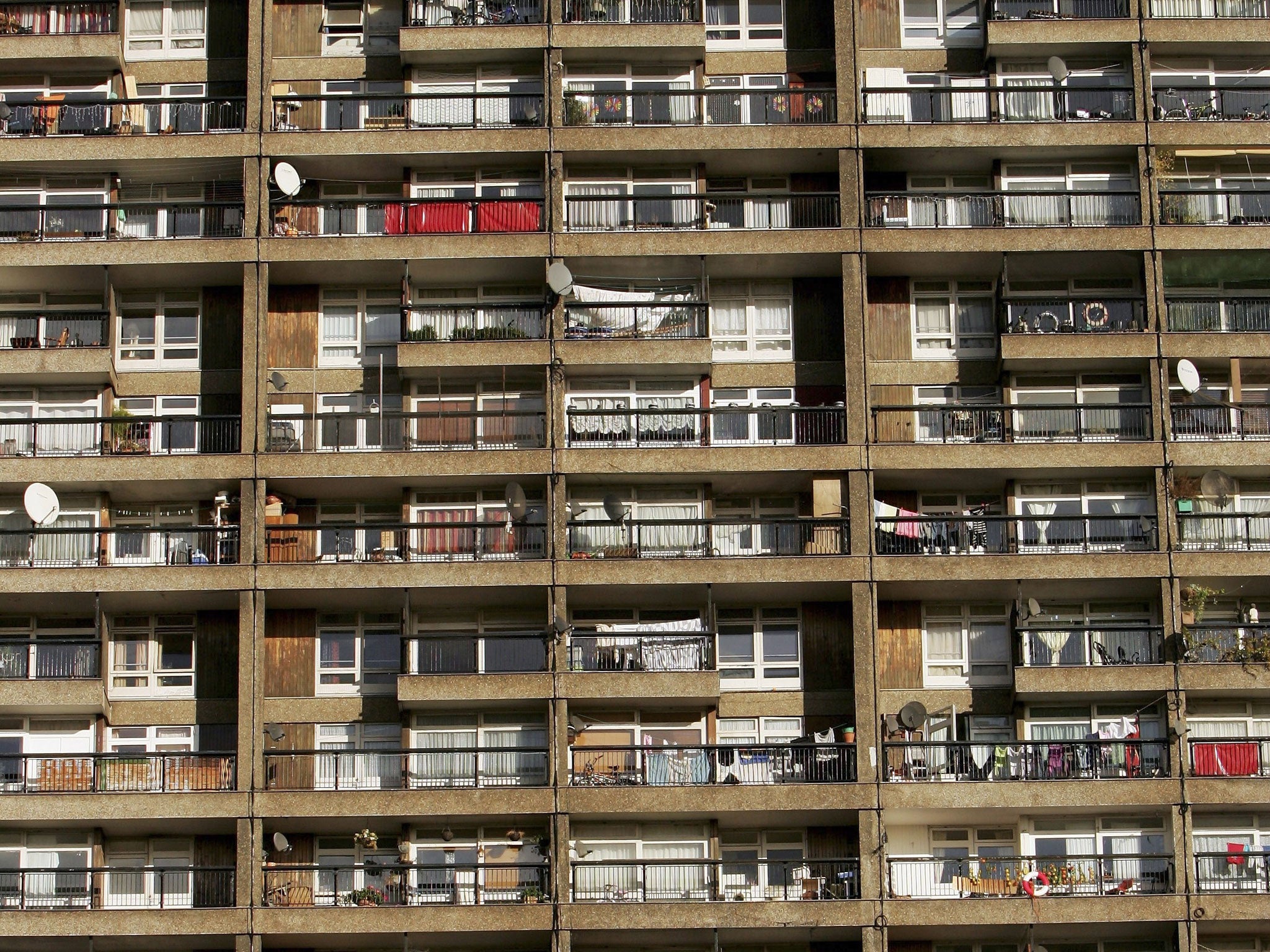'Bedroom tax' and benefits cuts draining councils’ emergency funds
Authorities had been forced to dip into funds allocated to other services to cope with the surge in numbers of households appealing for help

Councils have been hit by a dramatic increase in requests for emergency financial help from people struggling to make ends meet following the introduction of the “bedroom tax” and other cuts to benefits.
More than 200,000 contacted their town halls in the six months after the latest benefits squeeze came into effect, the Local Government Association has estimated.
It also said that many authorities had been forced to dip into funds allocated to other services to cope with the surge in numbers of households appealing for help.
The "bedroom tax", under which people have lost 14 per cent in housing benefit payments if they are deemed to have a spare room, was introduced in April. It coincided with below-inflation increases in benefit rates and the introduction of a £500-a-week cap on the total benefits a household can receive.
An LGA survey found 81 per cent of councils had experienced a sharp increase in applications for support under the Discretionary Housing Payments scheme, which allocates cash to people affected by benefit changes.
A further nine per cent said they had noticed a small increase, with just three per cent saying demand had fallen.
95 per cent of authorities who paid out more money said it was to ease the impact of the “bedroom tax”, which the Government refers to as the “spare room subsidy”. Restrictions on housing benefit payments were cited by 68 per cent of authorities and the benefit cap by 20 per cent.
The vast majority of councils (88 per cent) said they had used the cash to stop people losing their homes, 56 per cent said it had been allocated to alleviate poverty and 38 per cent said it was to help disabled people to remain in specially-adapted accommodation.
The Government tripled the size of the fund this year to soften the impact of the cuts, but this was not enough to stop some councils raiding other budgets to boost the help they offer to claimants.
15 per cent of them reported they had transferred cash from other budgets to stop people losing their homes or facing poverty.
Sharon Taylor, chair of the LGA’s finance panel, said: “Demand for help from Discretionary Housing Payments is significantly outstripping the money the Government has made available to councils to mitigate the changes in some areas. This will have a significant impact on local government budgets, which are already stretched to breaking-point by the deepest cuts in the public sector.”
A spokesman for the Department of Work and Pensions said: “This year we tripled the size of the DHP pot to £180m, so there is a clear safety net for vulnerable households as we bring in our vital welfare reforms.
“Early indications are that most councils are spending within their budgets. There is also additional funding for councils so they can bid to top up their local pots.”
But Chris Bryant, the shadow welfare reform minister, said: “The Tories’ cost-of-living crisis is making life harder for families with Tory policies like the bedroom tax leaving thousands with no way out.”
Join our commenting forum
Join thought-provoking conversations, follow other Independent readers and see their replies
Comments
Bookmark popover
Removed from bookmarks